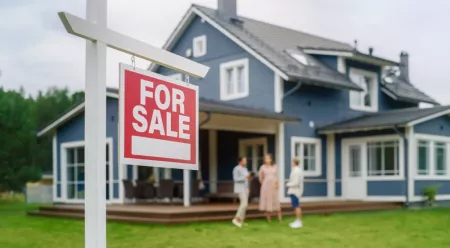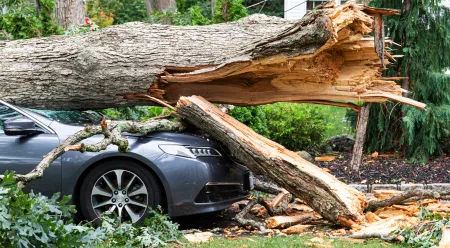From start to finish, the home-buying process can be as quick as a few weeks to as long as a few years. It all depends on the current conditions of the market you want to buy a home in, whether you have a pre-approved mortgage or not, the availability of homes, legal paperwork, and the buyer’s decision-making process.
Given these variables, repeat and first-time buyers should be well-informed about each phase of the homebuying journey. We explore every step of the home buying process, from securing financing to choosing the right property so that you can navigate the market confidently. Our friends at Zoocasa explain everything you need to know about buying a home:
Examine Your Financial Situation
One of the most important steps to buying a home is determining how much you can afford. This goes beyond figuring out what a lender is willing to give you; it’s also about deciding what you’re comfortable paying each month while still being able to enjoy your life.
Calculating your debt-to-income ratio is a good place to start as this is what lenders use to determine your ability to manage monthly payments. You can calculate this by adding up how much you owe each month and dividing this by how much you earn. The government of Canada recommends that your debt-to-income ratio not exceed 44% of your gross household income. However, this doesn’t mean you can’t qualify for a mortgage if you are above this, it just may be riskier.
You’ll also want to make sure you’ve saved enough for a down payment. Down payments are typically 5% to 20% of the home’s value. If the home purchase price is $500,000 or less, it will be 5% of the purchase price, but if the home purchase price is between $500,000 to $999,999 then it will be 5% for the first $500,000 plus 10% for the portion of the purchase price above $500,000. For example, if you bought a home at the December 2023 national benchmark of $710,300, the required down payment would be $46,030.
Get Pre-Approved for a Mortgage
To get pre-approved for a mortgage, you’ll need to submit several financial documents to a lender. These documents include recent pay stubs, tax returns, bank statements, and any outstanding debt or loans you have.
After submitting these documents and filling out a mortgage application, your lender will perform a credit check. A credit score tells the lender how reliable you are and if you are likely to default on payments. Once that information has been reviewed, you should receive a pre-approval letter from the lender that outlines how much they are willing to lend you and the interest rate. Though a pre-approval is not a guarantee, it can help guide your home search and show sellers you are serious about buying.





